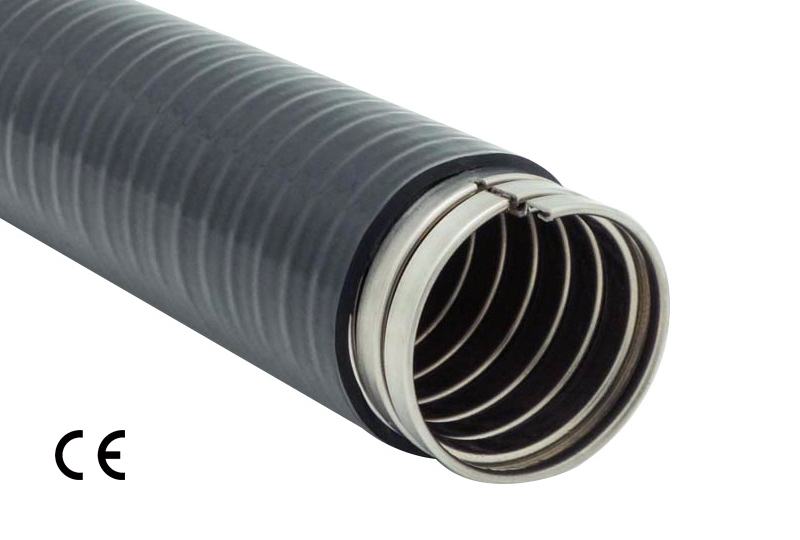Where is Waterproof Flexible Metal Conduit Typically Used?
In the dynamic world of construction and industrial applications, the demand for reliable and adaptable conduit systems is paramount. One solution that stands out for its exceptional qualities is Waterproof Flexible Metal Conduit. In this comprehensive guide, we explore the diverse applications of this ingenious conduit, shedding light on where it is typically used and why it has become a staple in various industries.
What Sets Waterproof Flexible Metal Conduit Apart?
Before delving into its applications, it's crucial to grasp why Waterproof Flexible Metal Conduit has gained prominence. Unlike traditional conduits, this innovative solution combines the robustness of metal with the flexibility required for complex installations. The conduit is equipped with a waterproof layer, adding an extra layer of protection against environmental factors such as moisture, making it a superior choice in challenging conditions.
Applications Across Industries
1. Construction Sector
In the construction industry, where durability and adaptability are non-negotiable, Waterproof Flexible Metal Conduit emerges as a game-changer. It is extensively used in both residential and commercial projects, ensuring the integrity of electrical systems even in environments prone to moisture, such as bathrooms, kitchens, and outdoor spaces.
2. Industrial Facilities
Within industrial settings, where machinery and equipment demand seamless electrical connectivity, this conduit proves indispensable. Its flexibility facilitates easy installation around complex machinery, providing a reliable conduit for wiring that can withstand the rigors of industrial operations. Additionally, the waterproof feature ensures uninterrupted functionality, even in environments exposed to liquids or humidity.
3. Renewable Energy Installations
As the world shifts towards sustainable energy sources, Waterproof Flexible Metal Conduit finds its place in renewable energy installations. Whether it's solar farms or wind energy projects, the conduit's ability to withstand harsh weather conditions and resist corrosion makes it an ideal choice for protecting electrical wiring in these vital infrastructures.
Key Features that Redefine Conduit Standards
1. Flexibility and Maneuverability
The flexibility of this conduit allows for easy navigation through intricate spaces, reducing the challenges associated with installation in confined areas. This characteristic not only simplifies the installation process but also ensures a clean and organized appearance in finished projects.
2. Durability in Harsh Environments
The metal composition of the conduit ensures unparalleled durability, even in the most demanding environments. Its resistance to corrosion and ability to withstand extreme temperatures make it a reliable choice for applications where other conduits may fall short.
3. Enhanced Safety Measures
With safety being a top priority in any electrical system, the waterproof feature of the conduit adds an extra layer of protection. This is particularly crucial in environments where exposure to moisture or liquids is a constant concern, as it mitigates the risk of electrical malfunctions and potential hazards.
Conclusion
In conclusion, the applications of Waterproof Flexible Metal Conduit are as diverse as the industries it serves. Its unique combination of flexibility, durability, and waterproofing sets it apart from conventional conduit systems, making it an optimal choice for projects where reliability is non-negotiable.
Previous: What happens when a PTC is heated?
Next: Comparing LiFePo4 Battery Packs to Traditional Lithium-ion Batteries
If you are interested in sending in a Guest Blogger Submission,welcome to write for us!





Comments
0